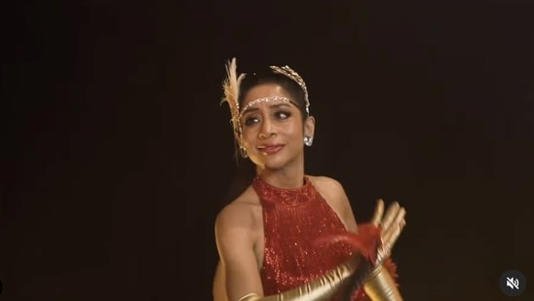The Khushwant Singh Literary Festival, an event celebrated for its rich cultural discussions, is currently embroiled in controversy over the inclusion of Indrani Mukerjea, who is accused in the infamous murder of her daughter, Sheena Bora. As Mukerjea took to the stage, her performance—featuring a controversial dance routine—immediately drew the ire of attendees and commentators alike, with many questioning the appropriateness of providing a platform to someone with such a significant legal history.
Public reaction has been swift and vocal. Critics assert that Mukerjea’s participation represents a troubling public relations strategy aimed at rehabilitating her image after spending years behind bars. Notable commentator Joy Bhattacharjya voiced his disgust on social media, expressing that it was deeply unsettling to see Mukerjea legitimized at a literary festival named after Khushwant Singh, a revered figure in Indian literature.
This isn’t Mukerjea’s first appearance at the festival; she was also a panellist in its last edition, which raises questions about the organizers’ judgment in inviting her again. The decision has reignited debates about cultural sensitivity and the ethics of giving platforms to individuals with serious criminal allegations, especially in spaces dedicated to literature and arts.
As the festival unfolds, the backlash against Mukerjea’s performance serves as a powerful reminder of the complex intersection between celebrity culture, crime, and public perception in India. It prompts a broader discussion about accountability and representation, challenging festival organizers and attendees to reflect on the messages conveyed through their choices and the potential implications for society at large.



